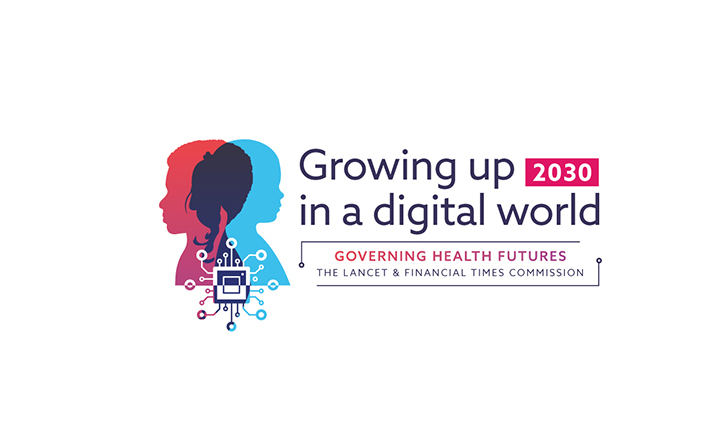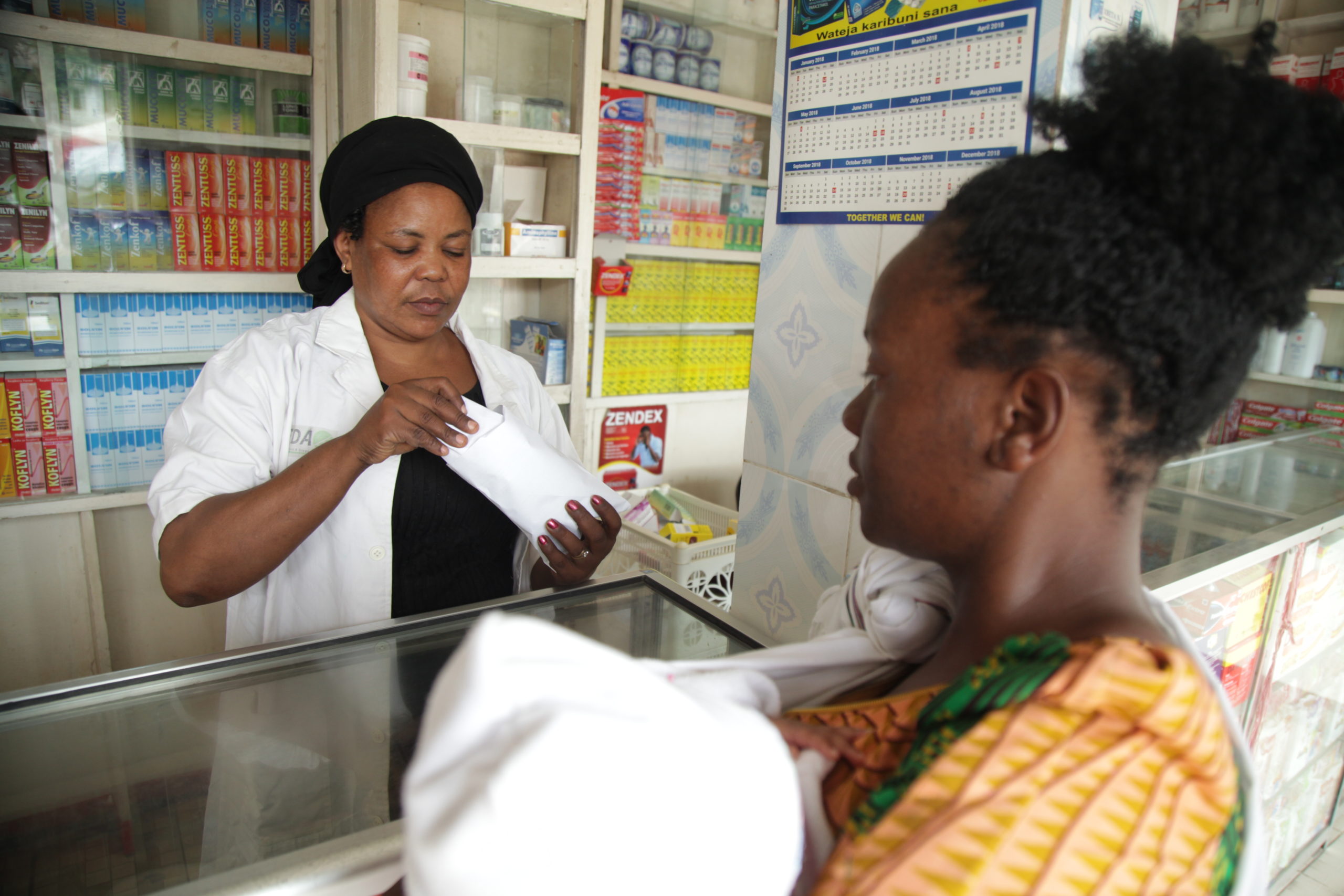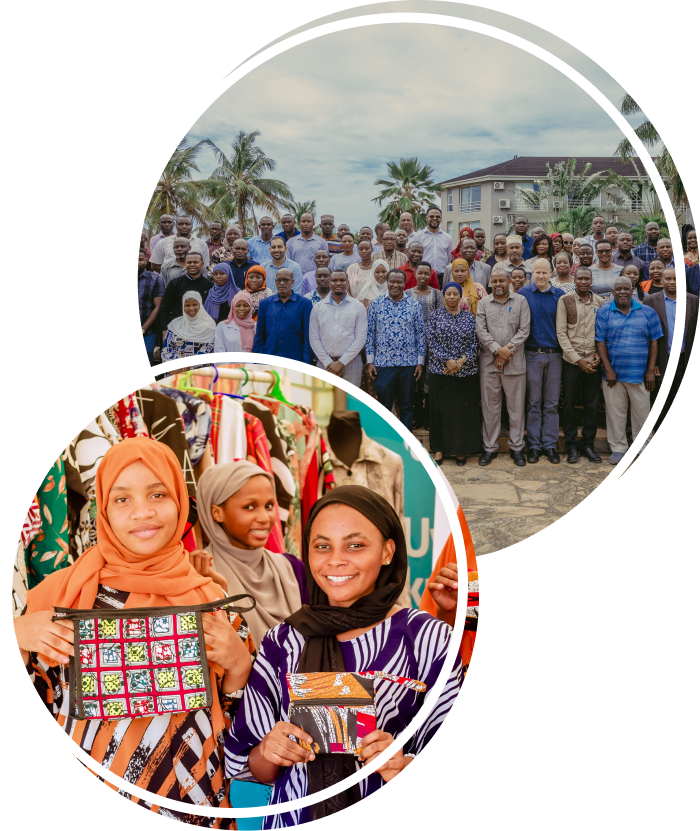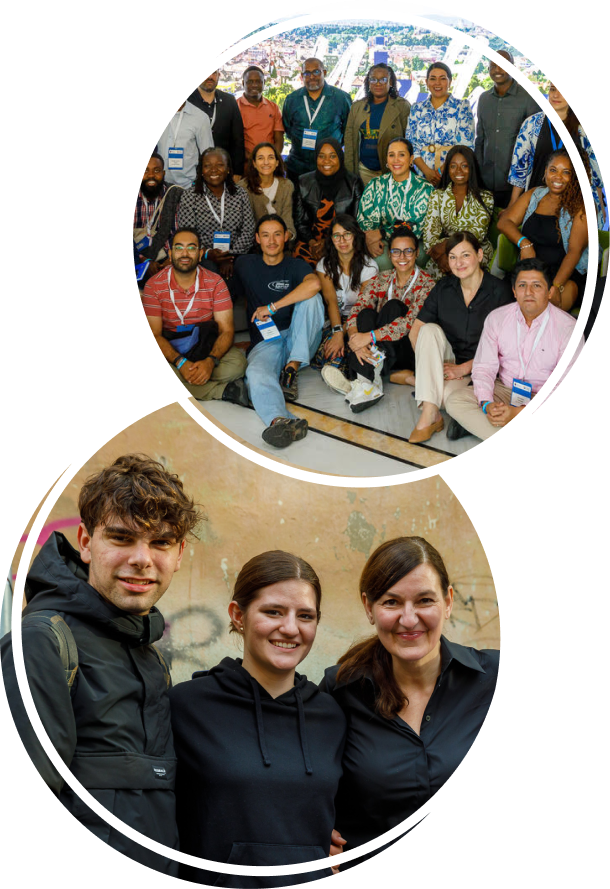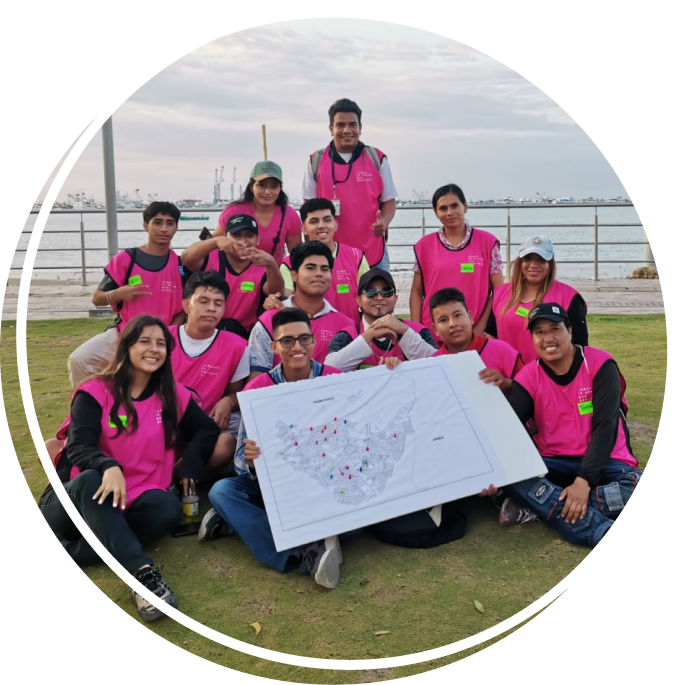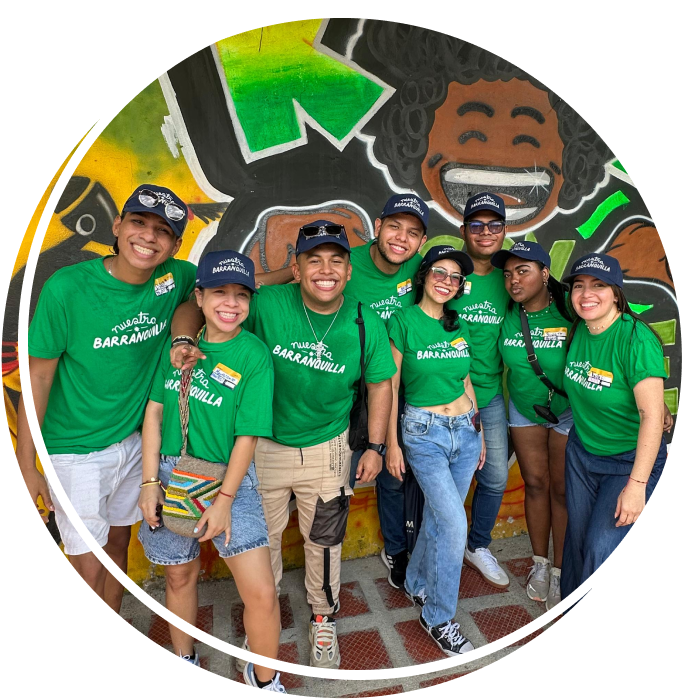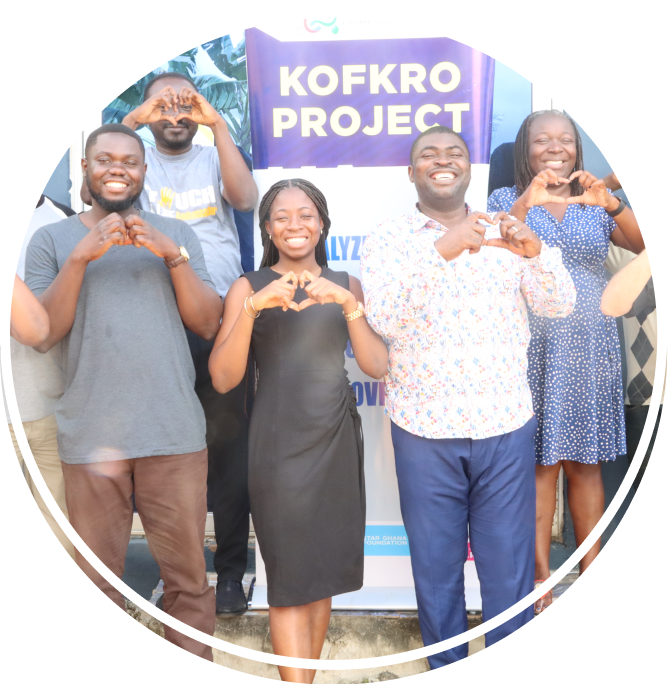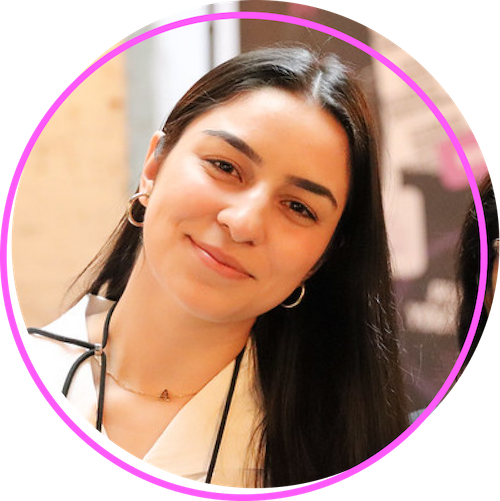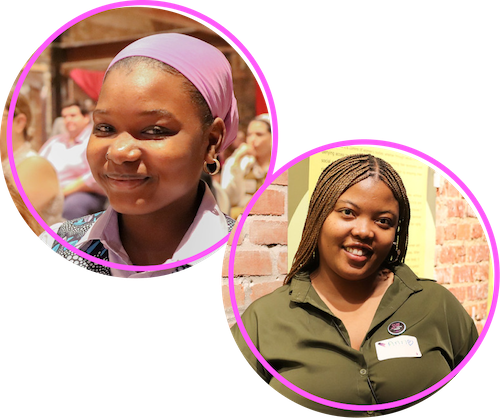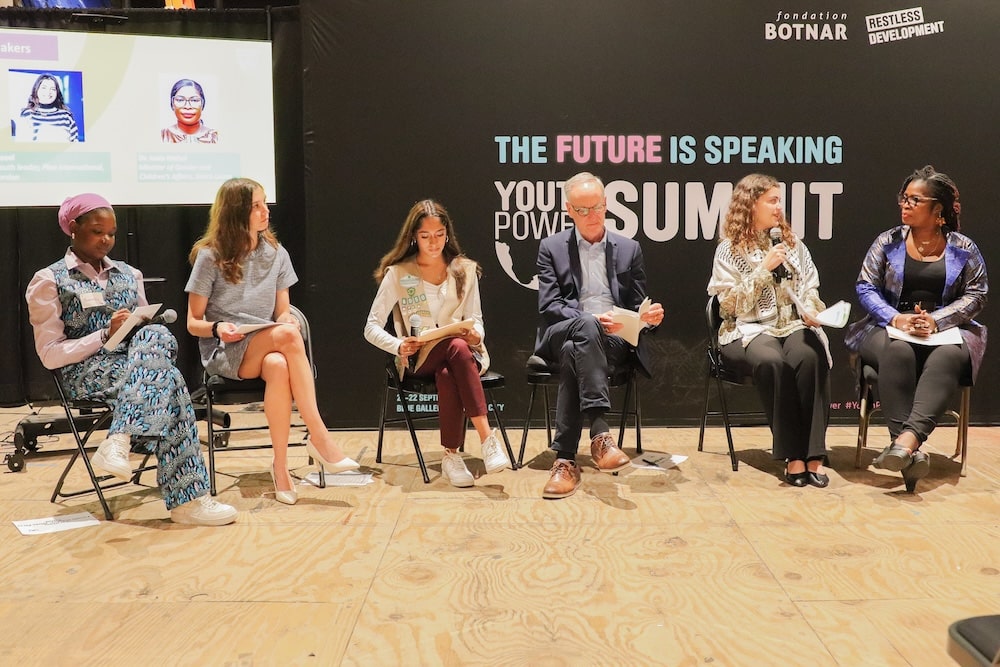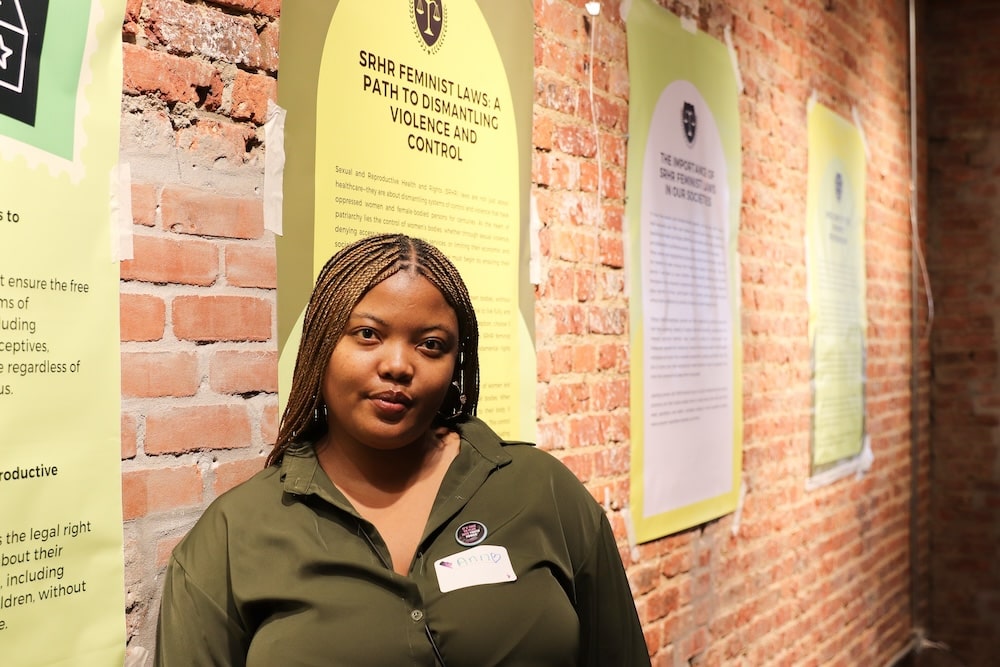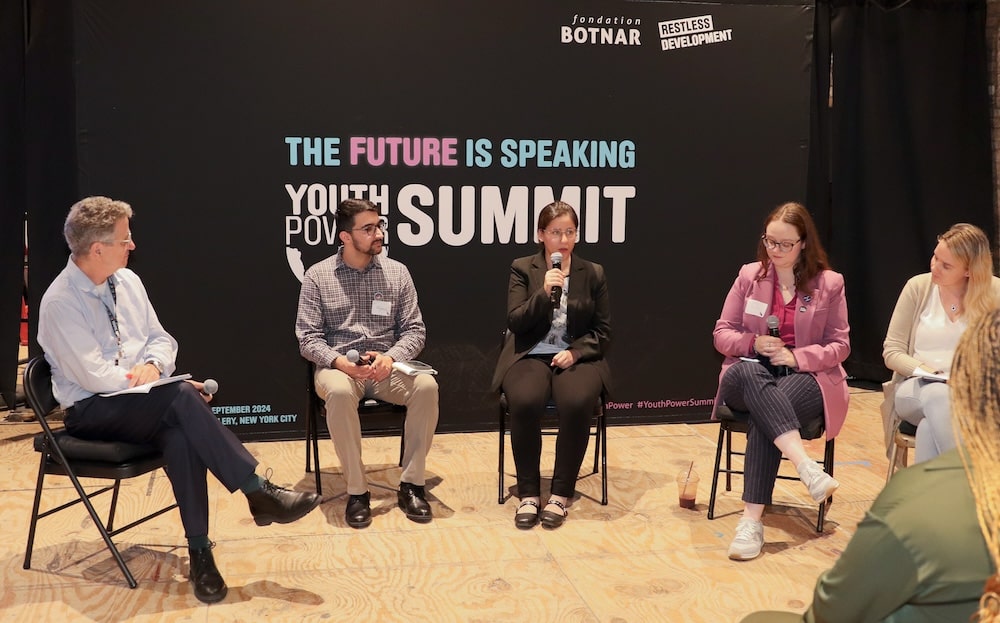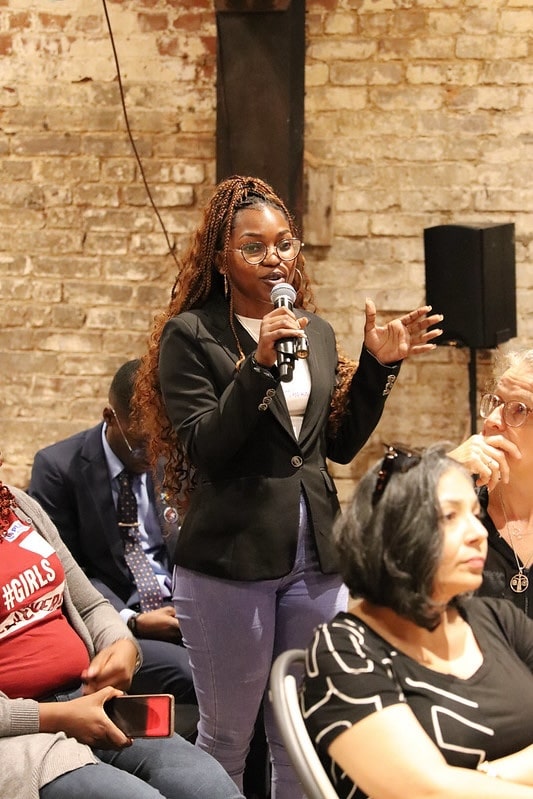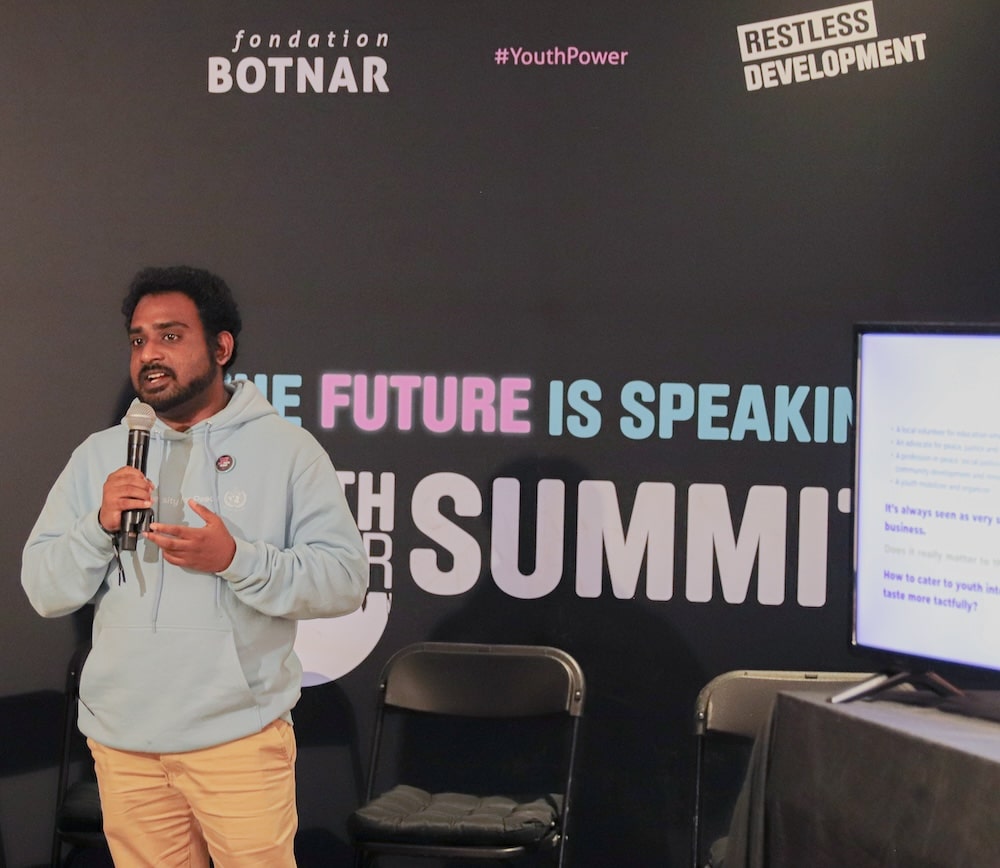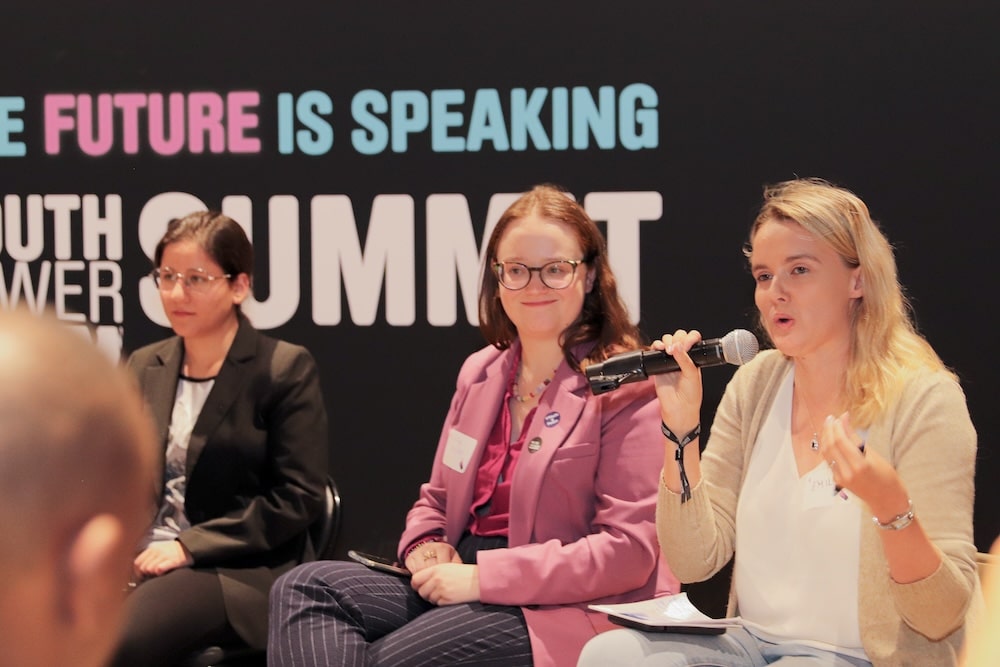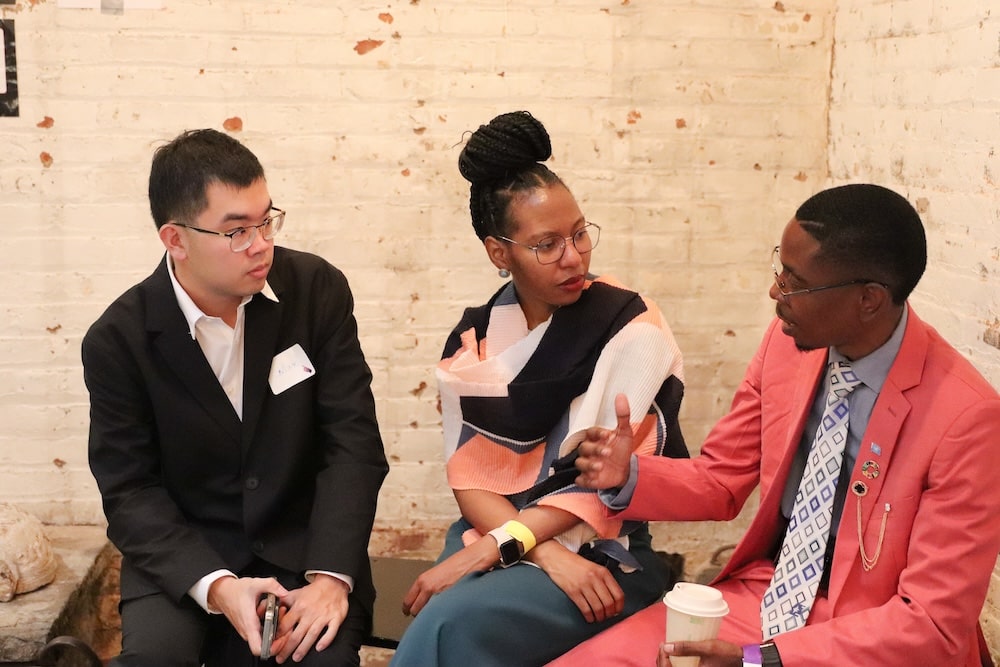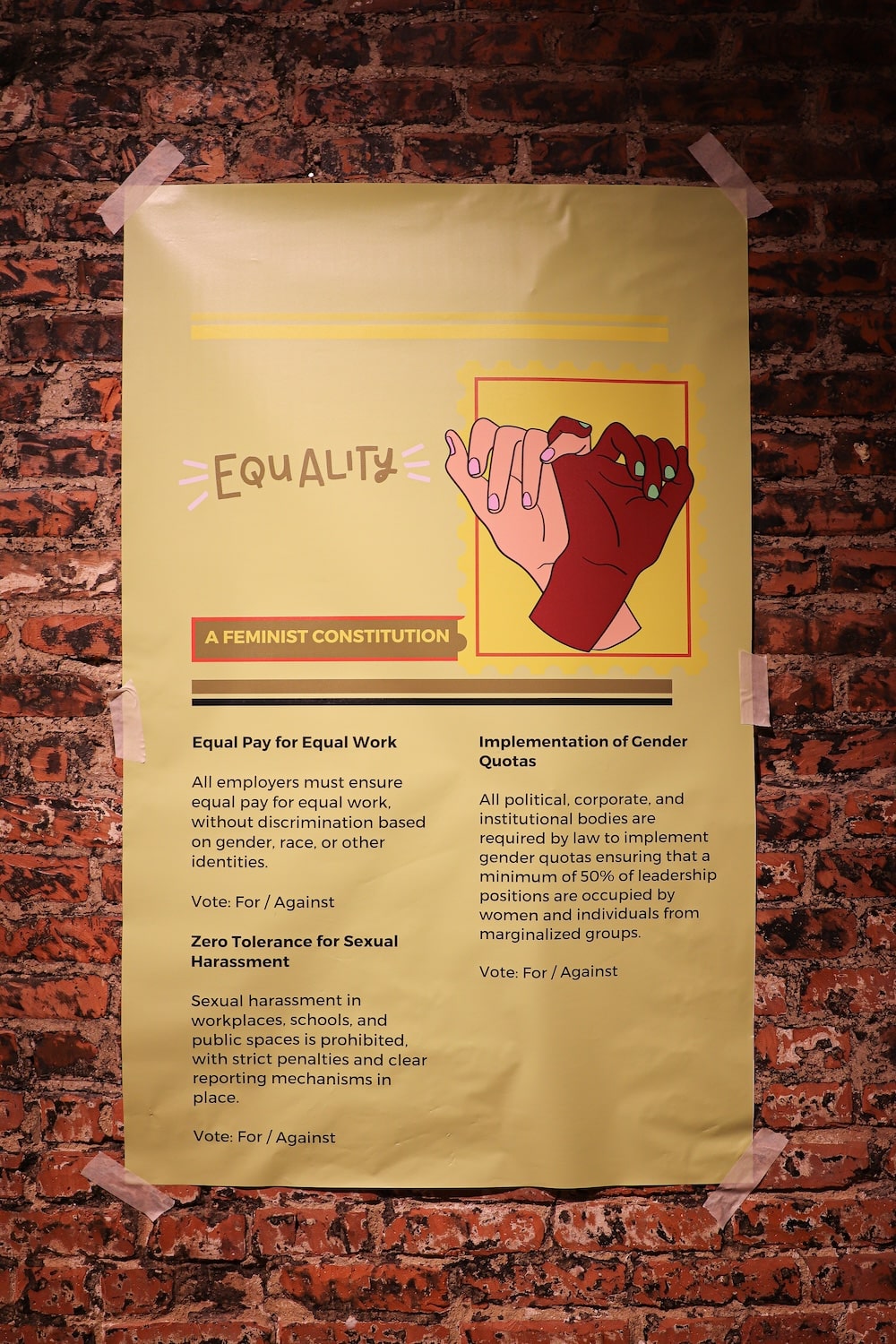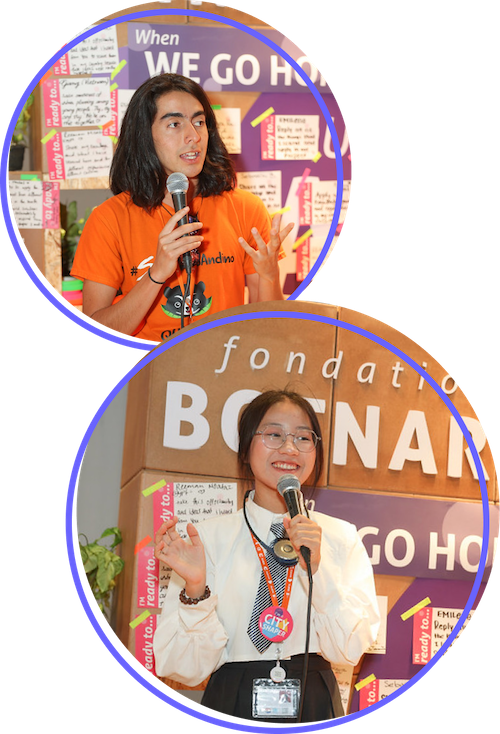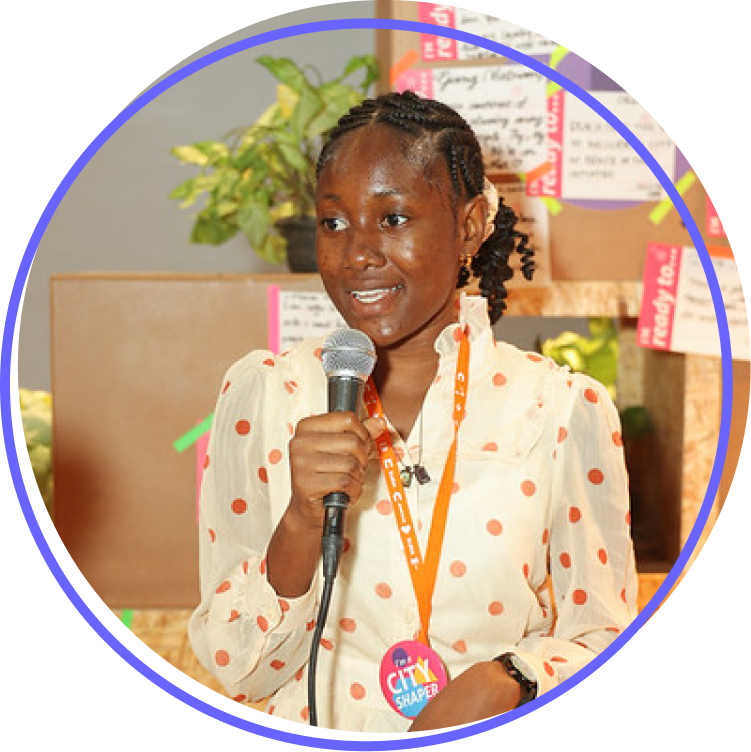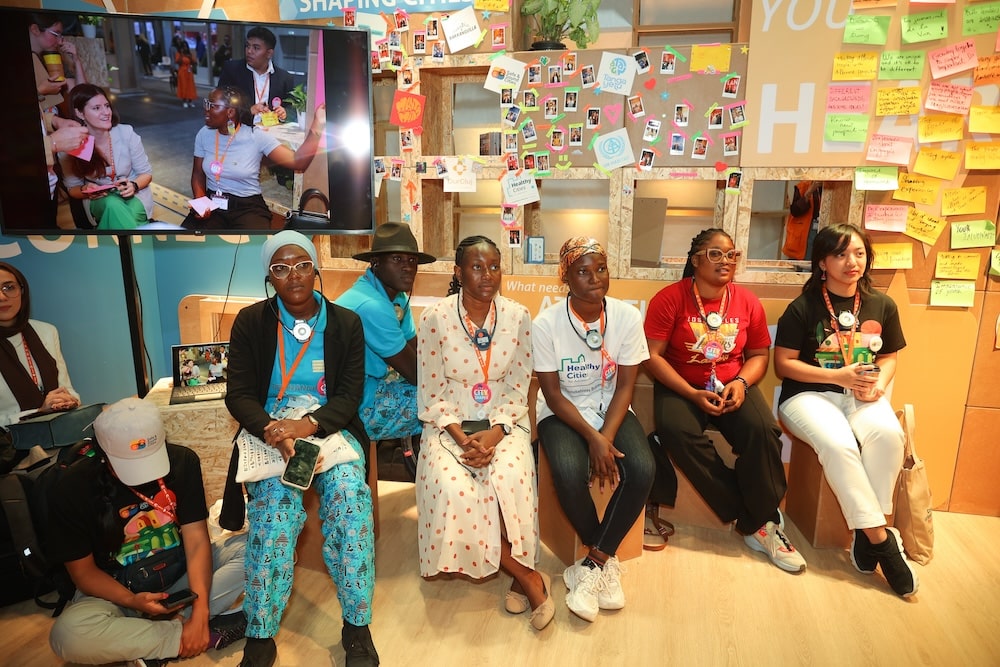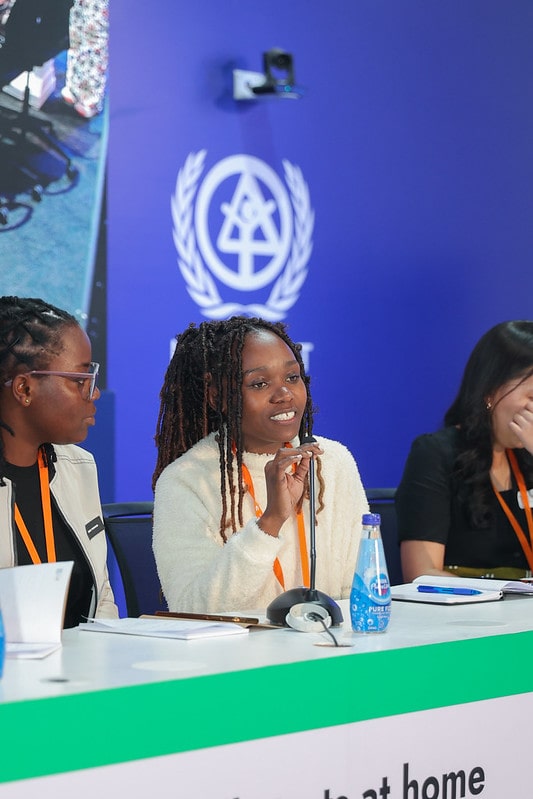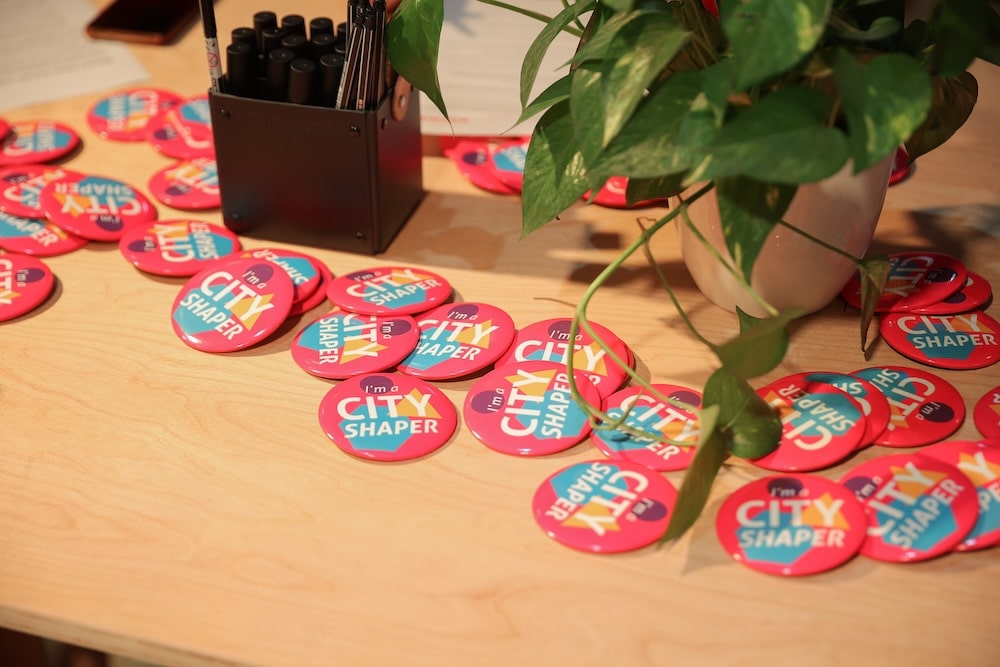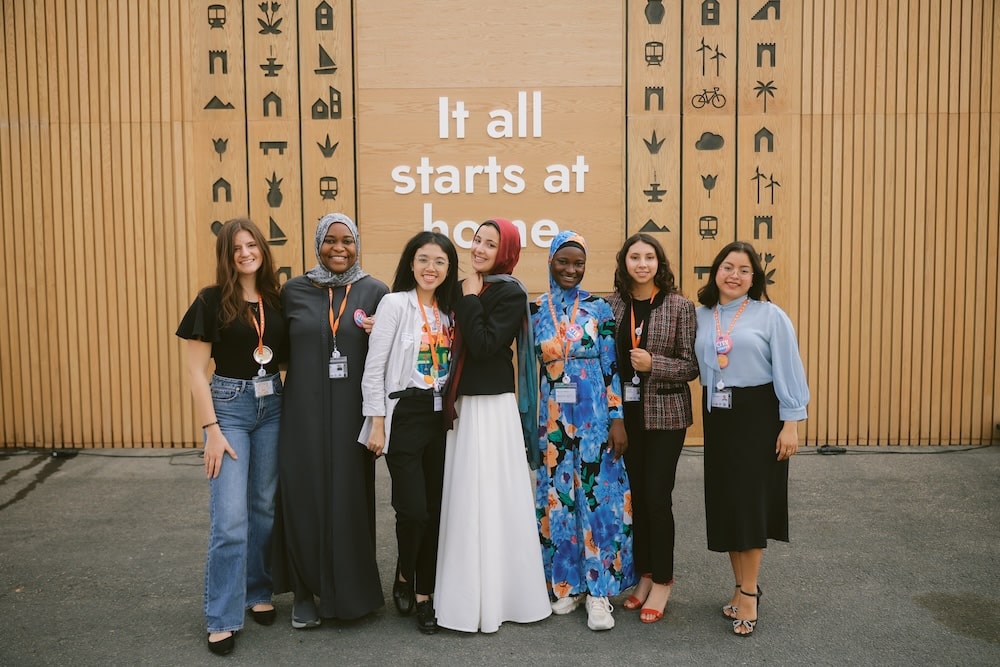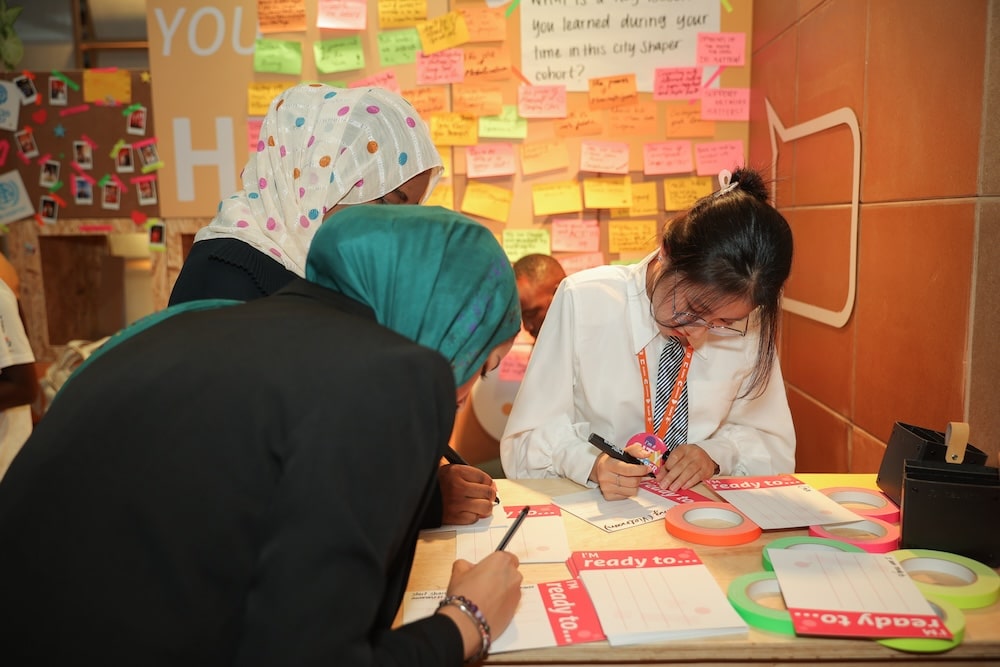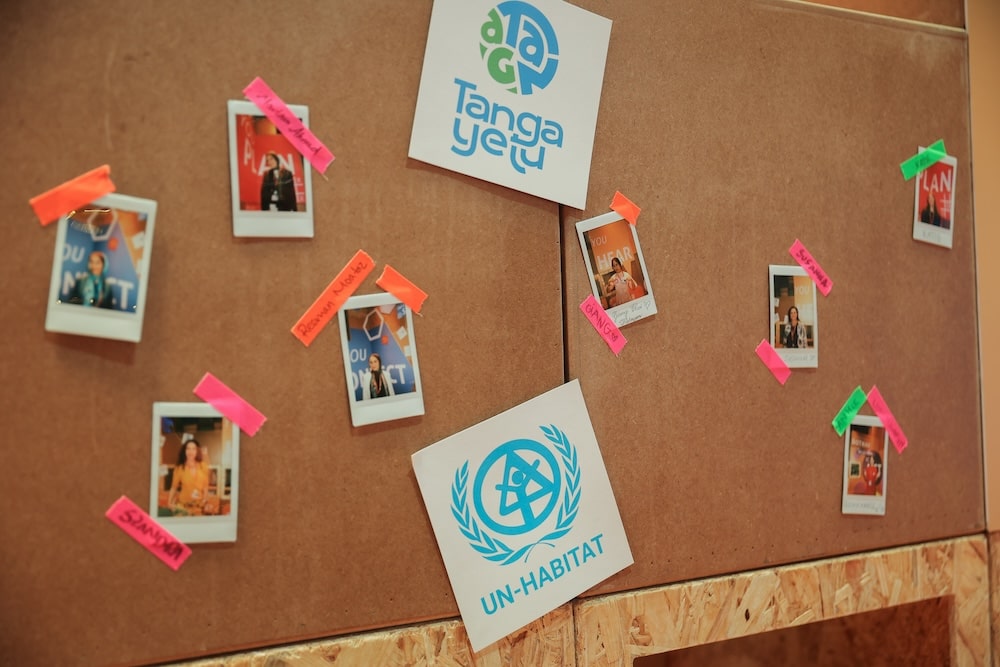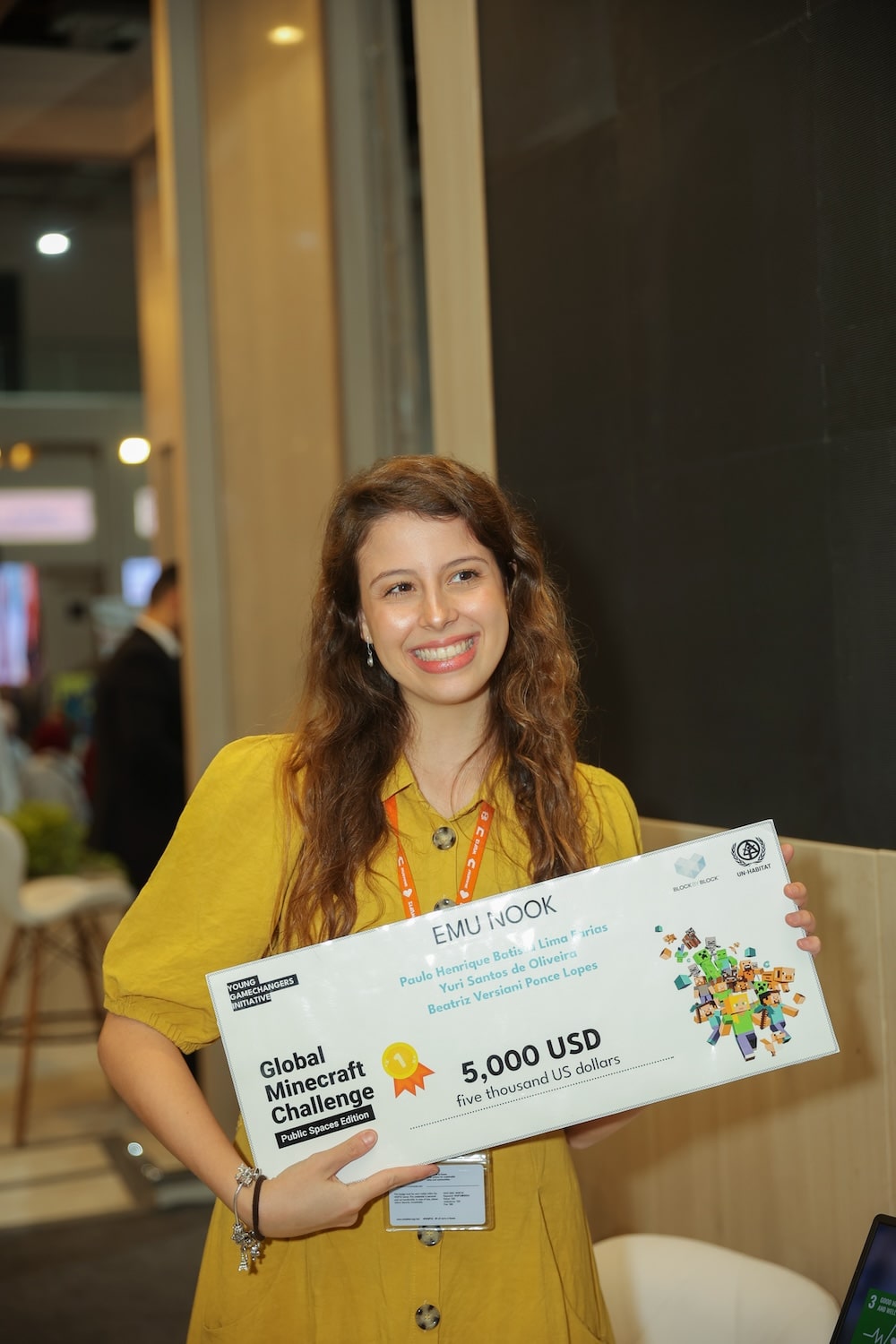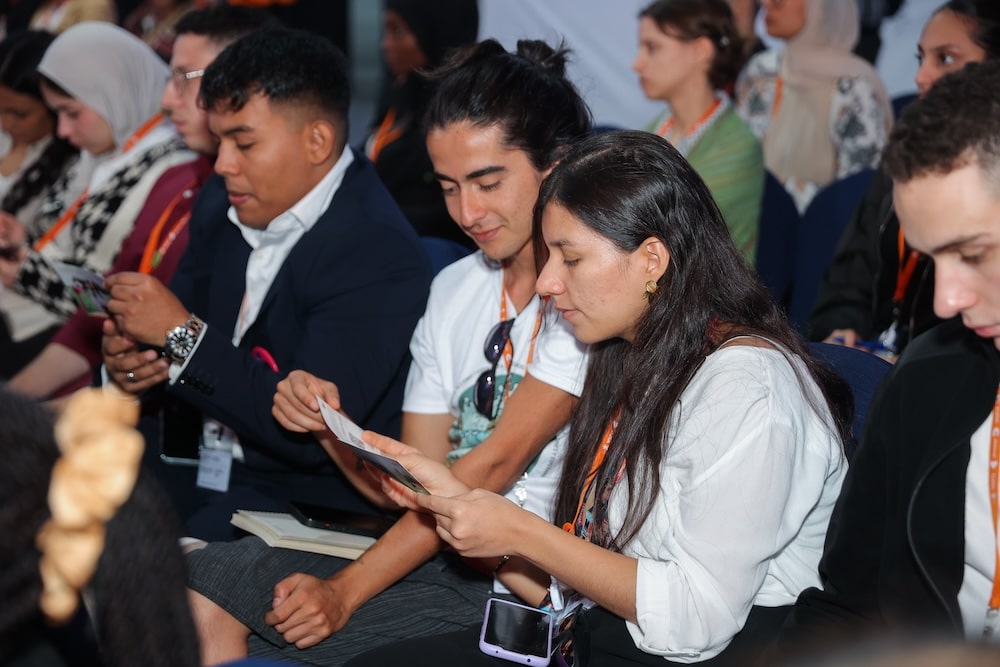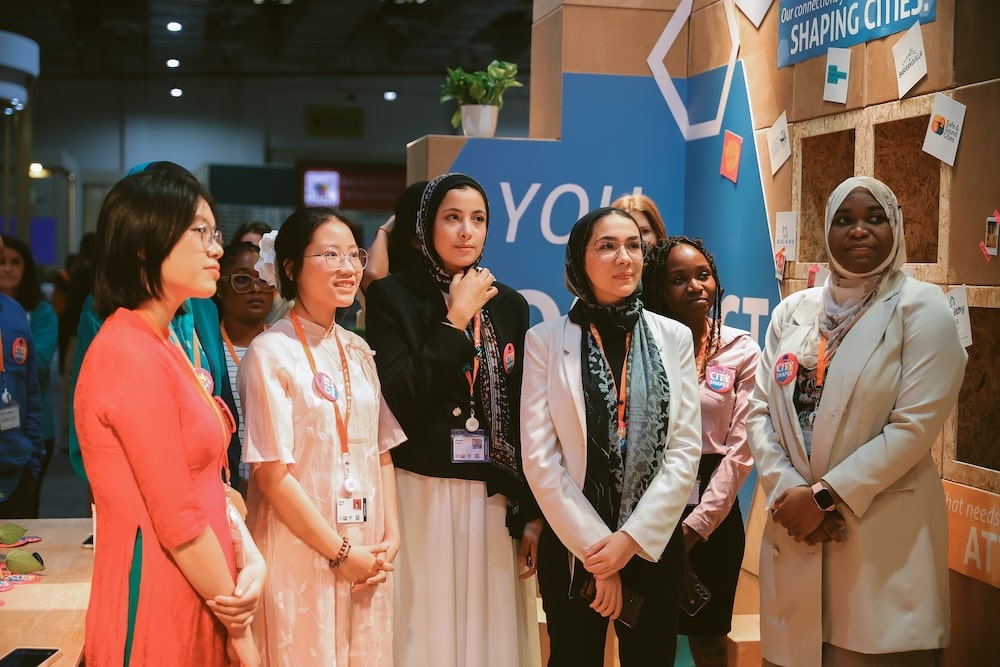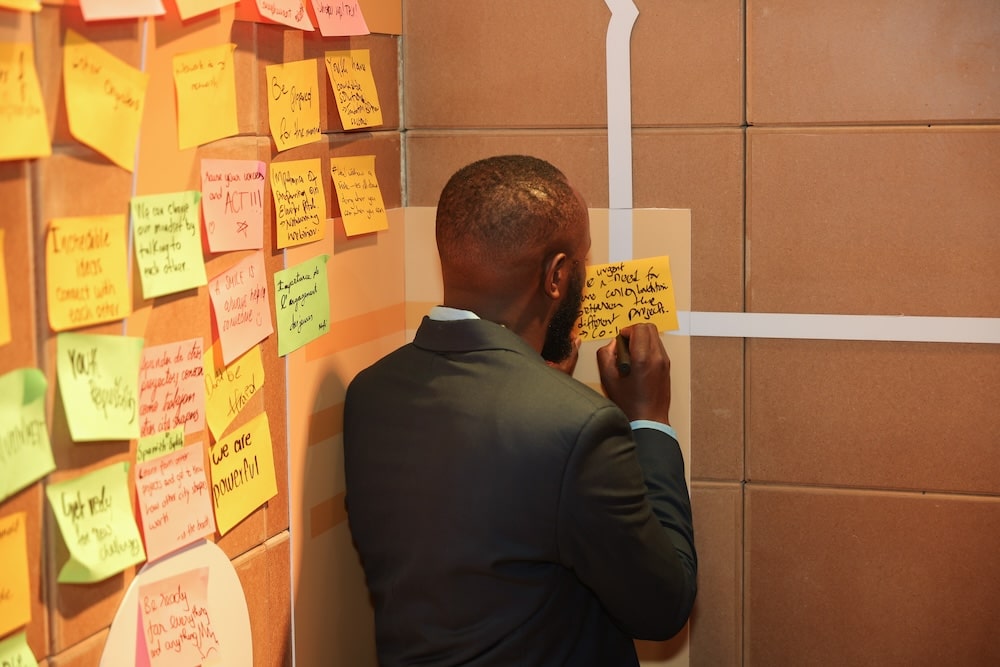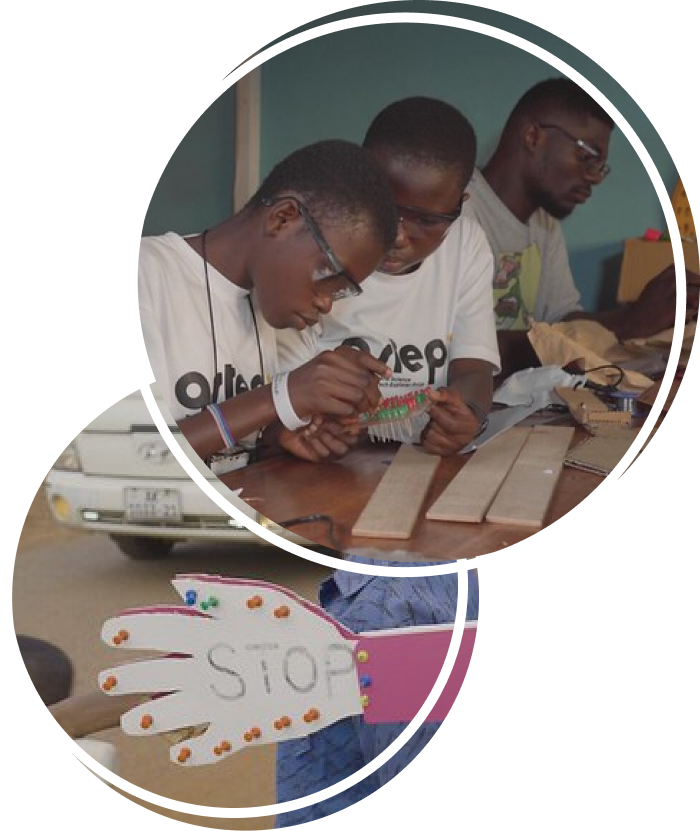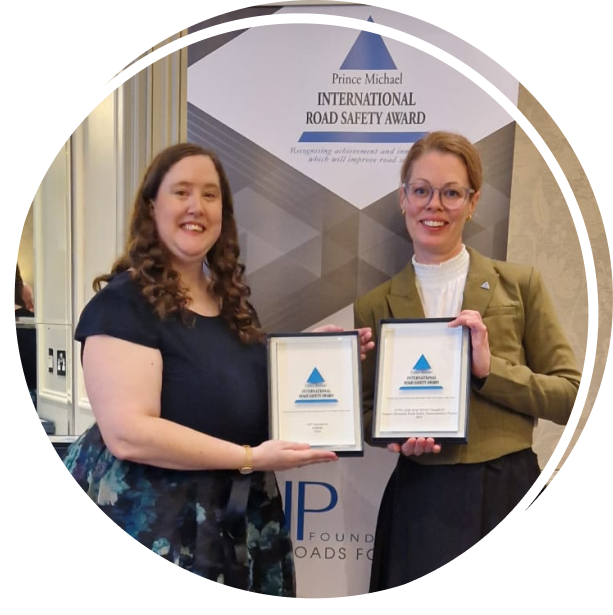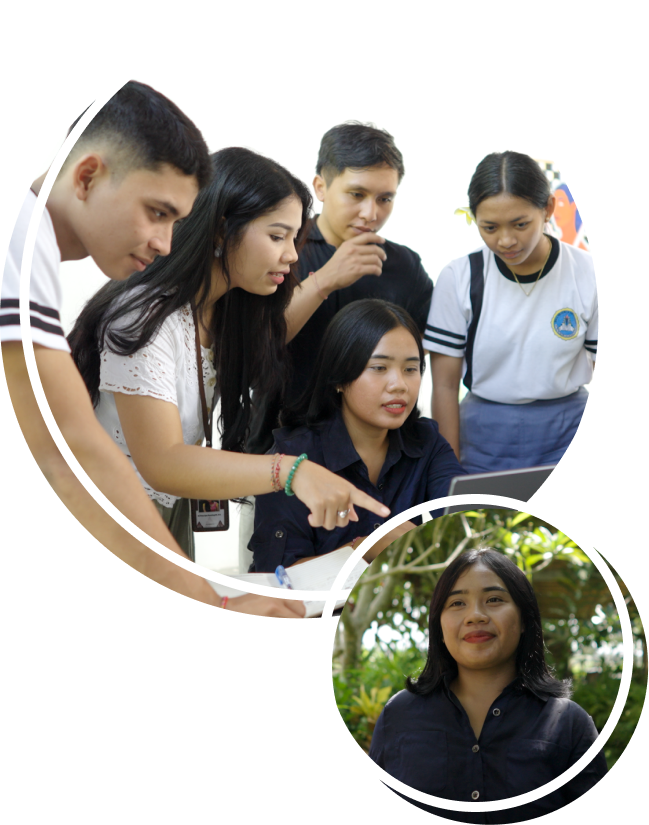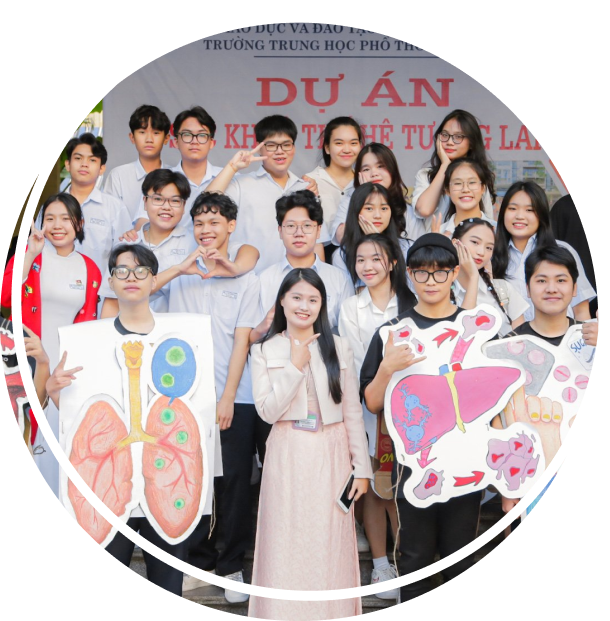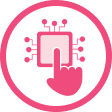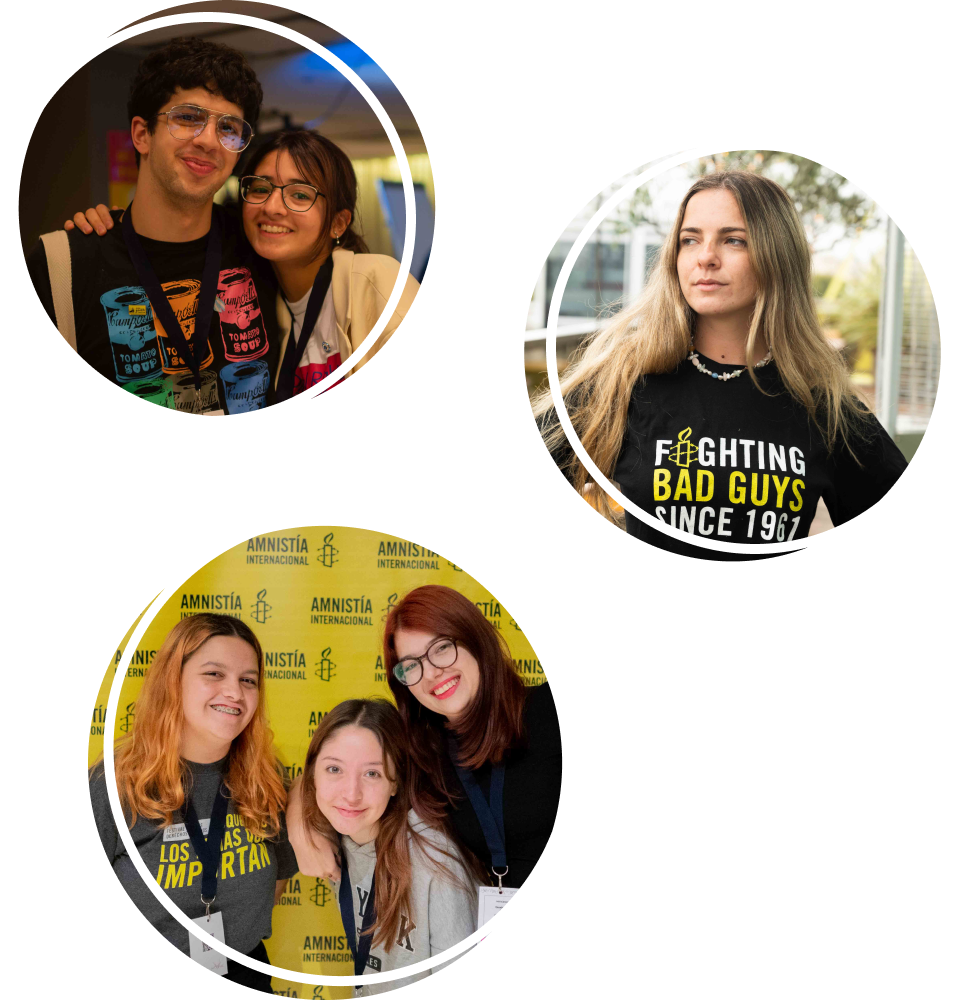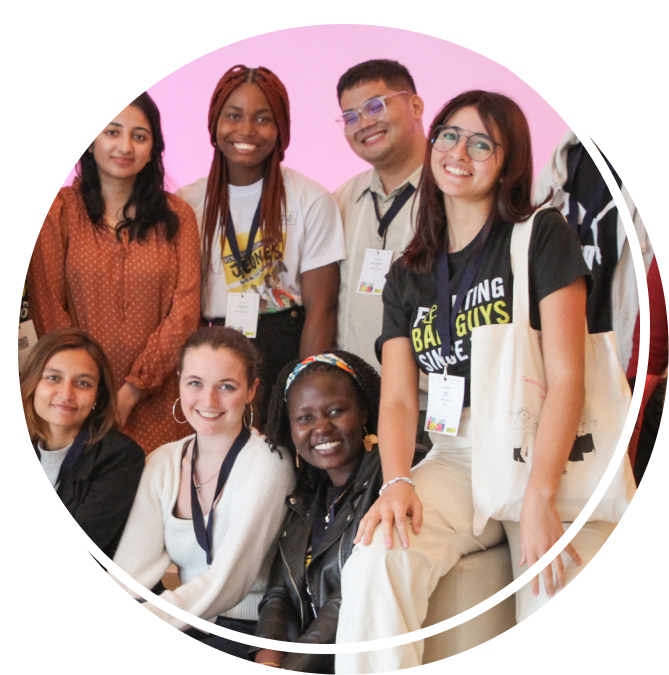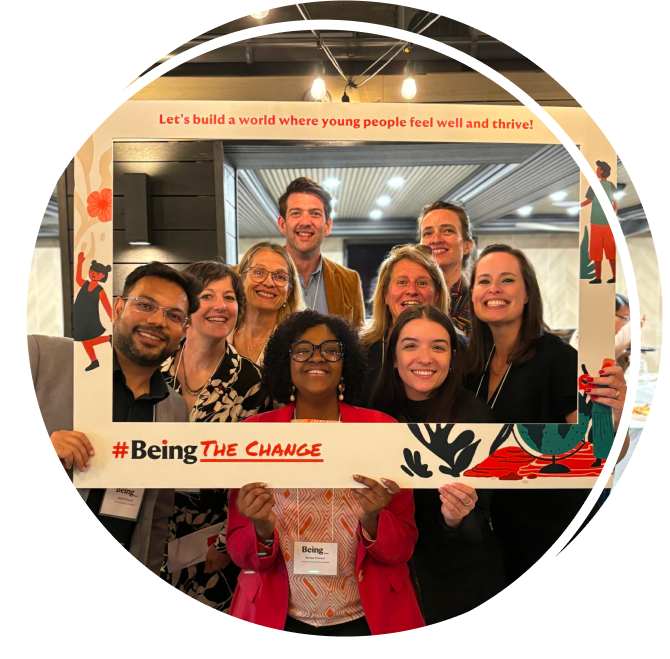The challenge
By 2023, there will be an estimated 5.7 billion mobile users (which is 71% of the world’s population) with 5.3 billion connected to the Internet. Most of the new users are young and live in low- and middle-income countries. Further, half the world still lacks access to quality healthcare, and health systems remain fragile and under-resourced. This presents an enormous opportunity to leverage digital technologies to transform healthcare and the health sector more broadly.
Without responsible governance, self-interested groups could take advantage and use data for commercial gain or malicious purposes, and currently, marginalised groups risk being further excluded. There is a need to act to ensure digital health solutions work to benefit all, including young people’s health and wellbeing. Technologies need to be reliable and safe, decision-making needs to be transparent, and algorithms and human interfaces need to be inclusive and fair for all. Therefore, the research and development of these technologies need to be collaborative, ensuring the inclusion of emerging geographies.
Our contribution
Fondation Botnar is supporting the incubation of the project I-DAIR through bringing together global organisations in a research collaboration to ensure the deployment of data and AI in a responsible way that upholds human rights.
Objectives
- Define and develop global public goods & other enablers for research & development of digital health solutions.
- Achieve collaborative, distributed and responsible use of data and Artificial Intelligence.
- Promote collaboration and inclusiveness in scientific research and technology development through a “hubs and spokes”
- Build research capacity & related digital health infrastructure in Africa, Asia and Latin America.
- Solve health and Artificial Intelligence research problems through “pathfinder projects”.
Location
I-DAIR is located in Geneva, Switzerland, with global hubs to be set up in Singapore, Cambodia, India (Delhi & Mumbai), Kenya, Chile, Tunisia, and in Geneva
Duration
I-DAIR entered its incubation phase in 2020, with a full launch planned in 2022.
Partners
World Health Organization (WHO), the London School of Hygiene & Tropical Medicine, the Government of Punjab (India), the Institute of Electrical & Electronics Engineers (IEEE), the Foundation for Innovative & New Diagnostics (FIND), Wadhwani AI, CSIR-Institute of Genomics & Integrative Biology (IGIB), CMC Vellore, National University of Singapore, ESPRIT Tunis, University of Geneva and the Indraprastha Institute of Information Technology, Delhi (IIITD).

